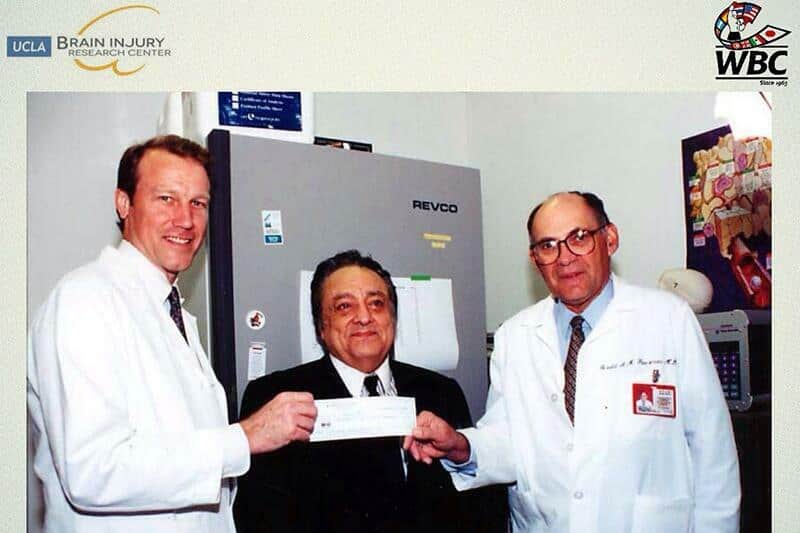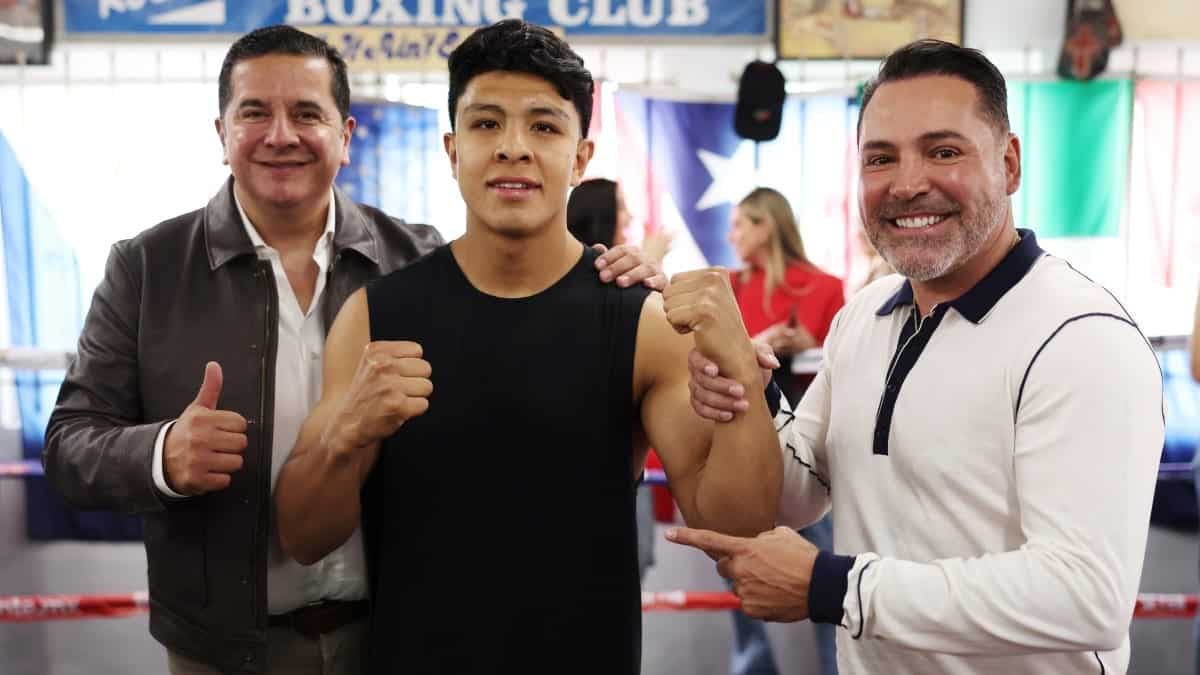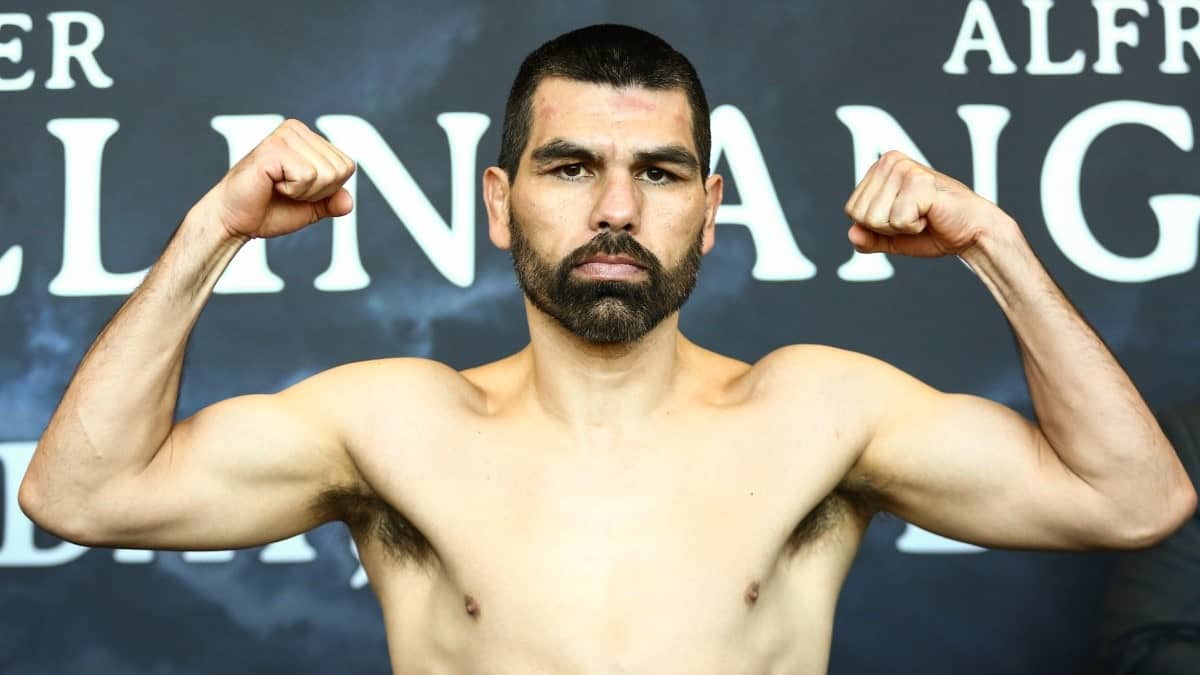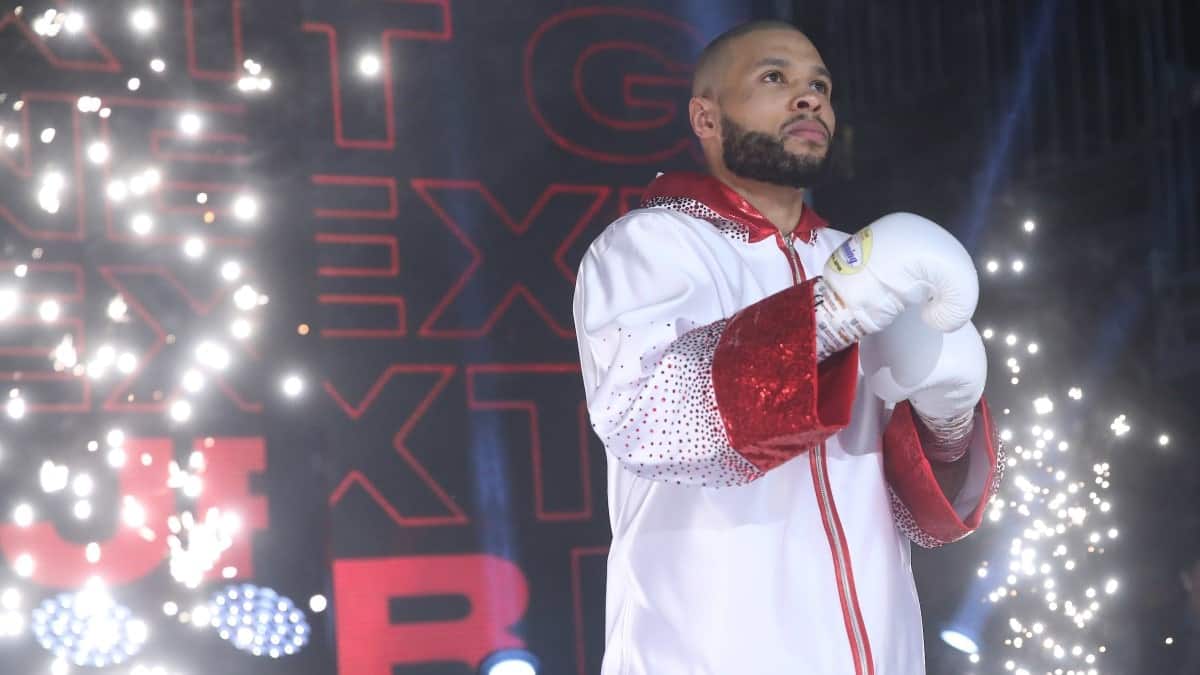WBC SPAR program was founded under the leadership of Dr. Gerald Finnerman and Dr. David Hovda and such research led to findings which produced changes in rules and protocols; from reducing the number of rounds from 15 to 12, to securing the thumb on boxing gloves, to moving the official weigh-in to a day before the fight to allow athletes more time to rehydrate prior to a bout,and many more . Practical steps have been taken to improve athlete safety. “Sports rules and policy should be based on science rather than prejudicial ideas or unfounded beliefs,” says Dr. David Hovda, Founder and Director of the UCLA BIRC, who has advised both professional sports organizations and the U.S. military with regards to brain injury . Now the WBC looks to continue this legacy. “We must continue to research areas which can find ways to protect, diagnose and treat sports-related traumatic brain injury…our relationship with UCLA goes back many years and together have saved countless lives in boxing, other sports. armed forces activity and in all areas of common life” says World Boxing Council president Mauricio Sulaimán. “On the event of the opening of the movie Concussion, another light will shine on player’s welfare. It is our hope that this heightens public awareness as we continue to make our athletes well-being a priority.” reiterates, Jill Diamond, WBC Cares chair.
Sports-related traumatic brain injury (TBI) and concussion are increasingly in the public eye, with sports concussions a hot topic in recent news reports, research studies and even television and movies. While combat sports have a naturally higher risk for concussion, working collaboratively will allow for better health and safety of the athletes through improved medical care, advanced research and potentially changes in policy that are driven by data. Says Dr. Chris Giza, Professor and Neurologist in the UCLA BIRC, “Contact sports are happening all over the world…working together with willing stakeholders is the fastest way to better understand the risks and to make sports participation as safe as possible.”
UCLA and the WBC will announce specific actions during the first quarter of 2016 with a very interesting working plan





